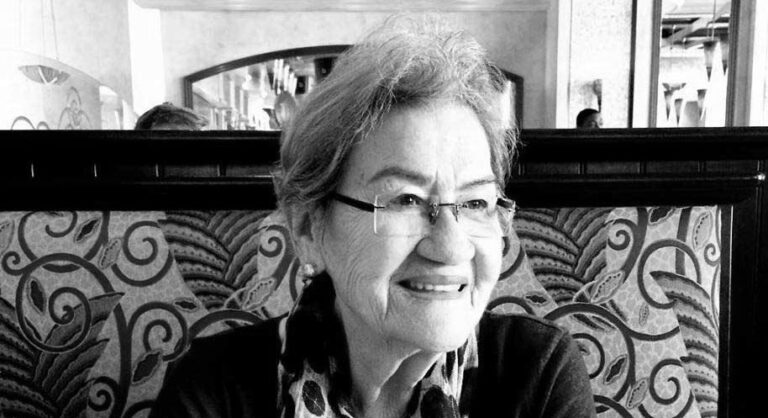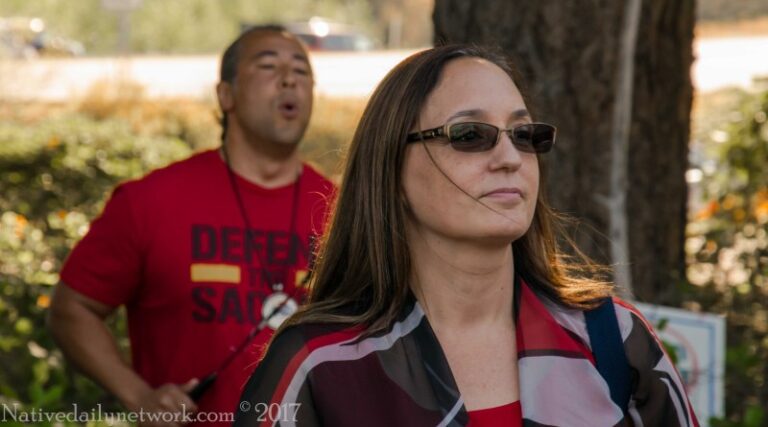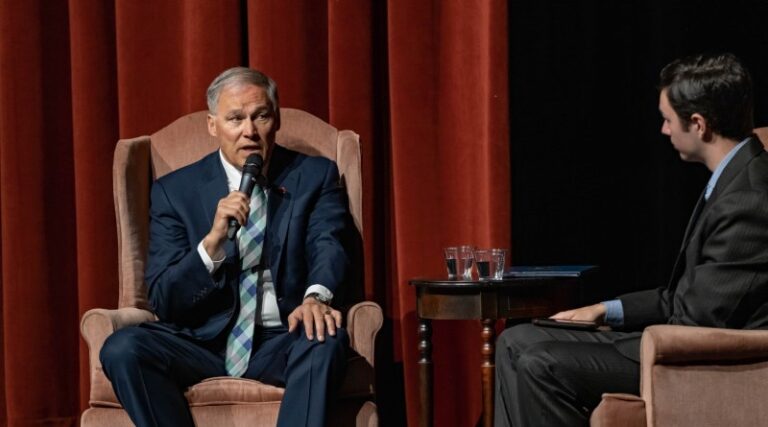Prayer Vigil as Pipeline Work Begins
by Darren Moore
Monday, 25 June, 2017. Tacoma, Washington. On a Monday evening, the atmosphere at the Port of Tacoma was charged with more than just the typical noises of a bustling industrial zone. Grassroots members and leaders from the Puyallup Tribe of Indians gathered alongside their allies to express something deeper than protest. Instead, their assembly served as a form of spiritual connection to the land they have stewarded for generations. “This isn’t just a protest; it’s a form of spiritual connection to the land,” said Shawn Conway, capturing the deeper significance of their gathering. Amidst ongoing legal challenges, including unresolved permits and alleged treaty violations, Puget Sound Energy remains unswerving in its determination to proceed with the 8-million gallon Liquefied Natural Gas (LNG) facility.5
Situated against the backdrop of the Fish Wars, which ignited Indigenous rights to traditional fishing grounds in the 1960s and ’70s, the current struggle carried historical gravitas. Dakota Case, the first great-grandson of Yetsi Blu (Janet McCloud), a formidable figure in the Fish Wars, was among the grassroots leaders from the Puyallup Tribe present. “We’re here because of the strength of our ancestors, who fought for our rights and for the land,” Dakota asserted. The air was tinged with a sense of historical continuity and responsibility
Against a backdrop of legal complexities and impending construction, grassroots leaders within the Puyallup Tribe drew upon the long history of their people to fuel their activism. They also tapped into broader community concerns, including a 2017 study by the Environmental Defense Fund that suggested fracked gas could leak methane, a potent greenhouse gas. But their gathering was not just a highlight reel of grievances; it was an intimate testament to a legacy of stewardship, resistance, and unity.
As night enveloped the gathering, the atmosphere shifted from mere protest to a vigil honoring the symbiotic relationship between the land and its people. Sage and Cedar were burned, and prayer songs lifted in the air, tethered to the steady beat of tribal drums. The grassroots Puyallup members and leaders eloquently connected their modern struggle against environmental degradation to a broader, historical fight against social and political marginalization. It was a clear message, combining spiritual fortitude with modern activism: protecting the earth and waters was not just a political act, but also a sacred duty.
Protectors were acutely aware of the perilous backdrop, as bulldozers churned soil near multiple Superfund sites—lands identified by the EPA as among the nation’s most contaminated. Yet, the drumbeats and prayer songs persisted, defying the looming threat. Dakota captured the crowd’s sentiment, declaring, “We don’t want it on our lands; we don’t want them to continue raping our mother,” his words resonated, summing up a sentiment deeply rooted in both past and present.
Additional Information: Link to Ancestral Waters Documentary
First appearing on June 27, 2017, is part of an ongoing series documenting the Indigenous-led campaign against the Tacoma LNG facility.
The article has since been edited to remove time-sensitive elements, such as calls to action, in order to serve as an historical and educational resource. You can also explore other related articles and resources on the Ancestral Waters page for a more contextual understanding of the issues and events.
While the full “Ancestral Waters” documentary is available for screenings, we invite you to watch the trailer for a glimpse into the comprehensive story of resiliency and activism told in the film.





